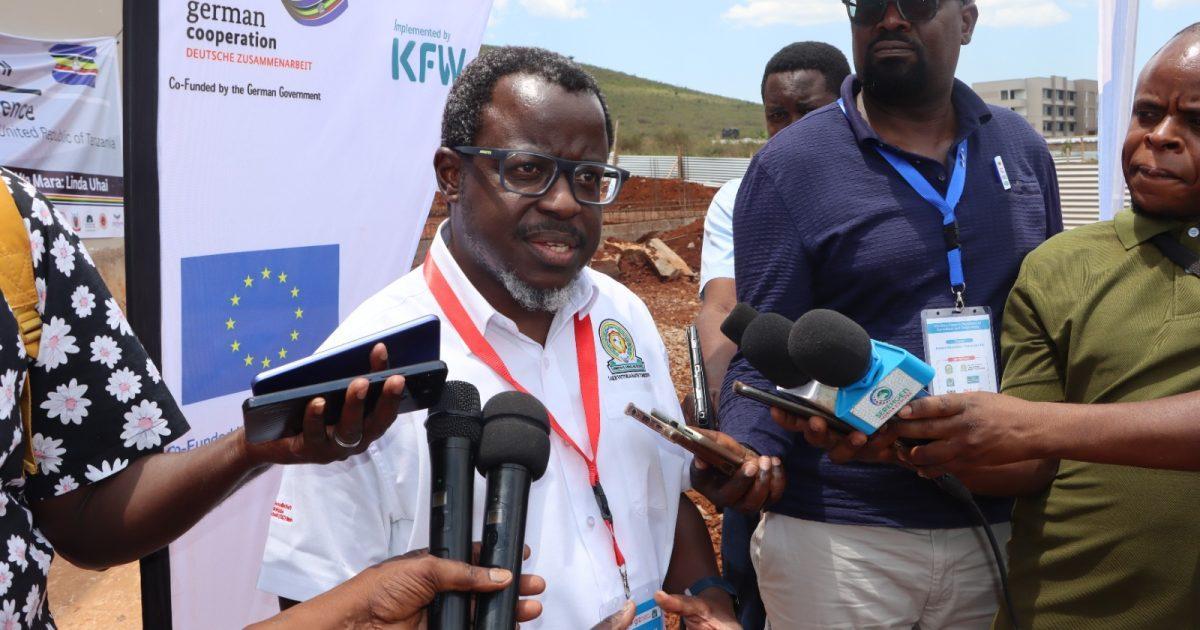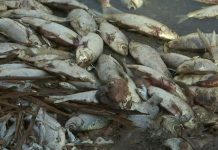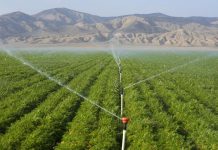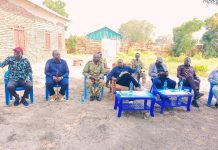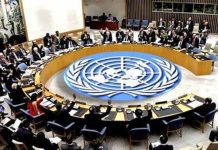Africa-Press – South-Sudan. The East African Community’s Deputy Secretary General for Infrastructure, Productive, Social and Political Sectors, Andrea Ariik, has warned that Lake Victoria is facing a deepening ecological and human crisis, urging partner states to take urgent coordinated action to prevent irreversible damage.
Ariik made the remarks on Thursday during a COP30 side event hosted by the EAC Secretariat and the Lake Victoria Basin Commission (LVBC), where the new State of the Basin Report (SoBR) was officially launched.
He said the report presents a stark picture of mounting environmental pressure—ranging from untreated wastewater and industrial effluents to agricultural runoff, sedimentation and climate-induced shocks—that have collectively pushed Lake Victoria to the brink.
“Lake Victoria is the beating heart of East Africa, yet it is now under serious threat,” Ariik told delegates.
“This is not just an environmental issue but a human story that touches food security, public health, jobs and regional stability.”
According to him, the findings show a sharp decline in water quality, falling fish stocks, shrinking wetlands, and the loss of biodiversity—problems that endanger more than 45 million people who depend on the basin for water, transport, energy, and livelihoods.
He stressed that climate change—including extreme rainfall, rising temperatures, droughts and floods—is making these vulnerabilities worse.
Ariik said the report offers clear guidance for reversing the decline. He called for major investments in wastewater treatment, sustainable farming methods, erosion control, wetland restoration and stronger environmental governance.
He urged EAC partner states to empower the LVBC with the authority and resources to harmonize cross-border environmental actions.
“We stand at a crossroads,” he said. “A business-as-usual path will deepen the decline. But with commitment and unity, we can restore the basin for future generations.”
Ariik urged governments, development partners, civil society and the private sector to rally behind the findings and implement the recommendations without delay.
“The health of Lake Victoria is a regional imperative,” he said. “Let this report be a turning point toward collective action, stronger political will, and a sustainable future for our people.”
The State of the Basin Report was developed by the LVBC with support from GIZ, drawing on data from the Water Information System (WIS).
The WIS was financed by the German Federal Ministry for Economic Cooperation and Development (BMZ) through KfW Development Bank, under the Lake Victoria Basin Integrated Water Resource Management Program, which has a total funding volume of 60 million euros.
The report provides comprehensive insights into the ecological health, socio-economic trends and governance challenges of the basin. It also demonstrates the efficiency of German technical and financial cooperation, which enabled LVBC to strengthen evidence-based management of the lake’s resources.
Speaking on behalf of BMZ, Julia Kronberg, Head of Development Cooperation in Tanzania and the EAC, said Germany values strong regional collaboration in addressing climate challenges.
“Germany is proud to partner with the East African Community in promoting data-driven climate action,” she said.
She expressed hope that the report will serve as a foundation for financing green infrastructure, cross-border water management and climate adaptation projects tailored to the region’s needs.
Lake Victoria is the world’s largest tropical lake and the economic engine of East Africa. But years of pollution, rapid population growth, weak regulatory enforcement and growing climate pressure have severely degraded its ecosystems.
Regional scientists have repeatedly warned that without urgent intervention; the lake could face long-term ecological collapse.
For More News And Analysis About South-Sudan Follow Africa-Press

